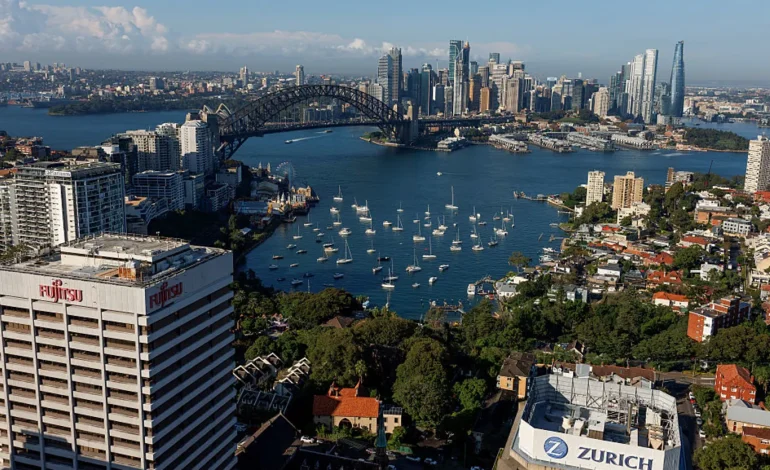Asia-Pacific Markets Decline as Investors React to Fed Outlook and Middle East Tensions

Markets across the Asia-Pacific region ended mostly lower on Thursday, with Hong Kong’s Hang Seng Index leading the declines as global investors reacted to the US Federal Reserve’s latest policy signals and continued geopolitical uncertainty in the Middle East.
The Hang Seng fell 1.99%, dropping over 470 points as market sentiment turned cautious. Mainland China’s CSI 300 also edged lower, down 0.82%, while Japan’s Nikkei 225 lost 1.02%, closing at 38,488.34. The broader Topix index declined 0.58%.
In South Korea, the Kospi managed to post a modest gain of 0.19% to close at 2,977.74, while Australia’s S&P/ASX 200 ended the session largely unchanged, dipping just 0.09%.
The market retreat came after the US Federal Reserve held interest rates steady at 4.25% to 4.5% on Wednesday, a move widely anticipated by analysts. However, the Fed’s updated forecasts indicated a growing divide among policymakers, with a narrow majority still projecting two rate cuts this year, while a rising number now see no cuts at all. Fed Chair Jerome Powell emphasized the committee’s cautious stance, stating that upcoming decisions would be “data-dependent” and influenced by the inflationary effects of US trade tariffs.
Investors were also closely watching developments in the Middle East. Tensions escalated following reports of an Israeli strike on Iran’s nuclear sites and senior officials, which drew retaliatory missile fire from Tehran. US President Donald Trump has held multiple meetings with national security advisors this week, fueling speculation over potential US involvement in the conflict.
Markets are concerned that a wider regional confrontation could disrupt global energy supplies, particularly through the Strait of Hormuz, a key chokepoint for oil shipments. Brent crude futures rose 0.4% to around $77 per barrel, reflecting these supply concerns. The price of crude is now up 23% for the month.
“The shift from trade-related worries to geopolitical uncertainty has created a new wave of caution,” said Seema Shah, chief global strategist at Principal Asset Management. “If the conflict escalates and impacts key shipping routes, the implications for global growth and inflation could be significant.”
Adding to the cautious outlook were moves by several central banks. The Swiss National Bank cut its policy rate to 0% in response to falling inflation, and Norway’s central bank surprised markets with a quarter-point rate cut. The Bank of England, meanwhile, held rates steady amid mixed economic signals.
US markets were closed Thursday for the Juneteenth holiday, but futures continued to trade. Contracts tied to the S&P 500, Dow Jones Industrial Average, and Nasdaq 100 all pointed lower, reflecting broader risk aversion.
With input the Wall Street Journal and CNBC.









The latest news in your social feeds
Subscribe to our social media platforms to stay tuned